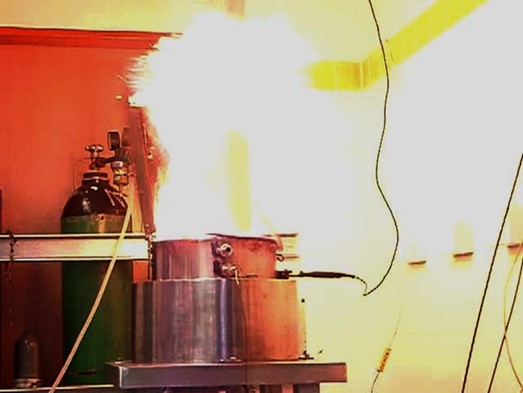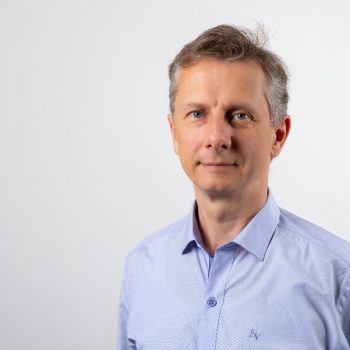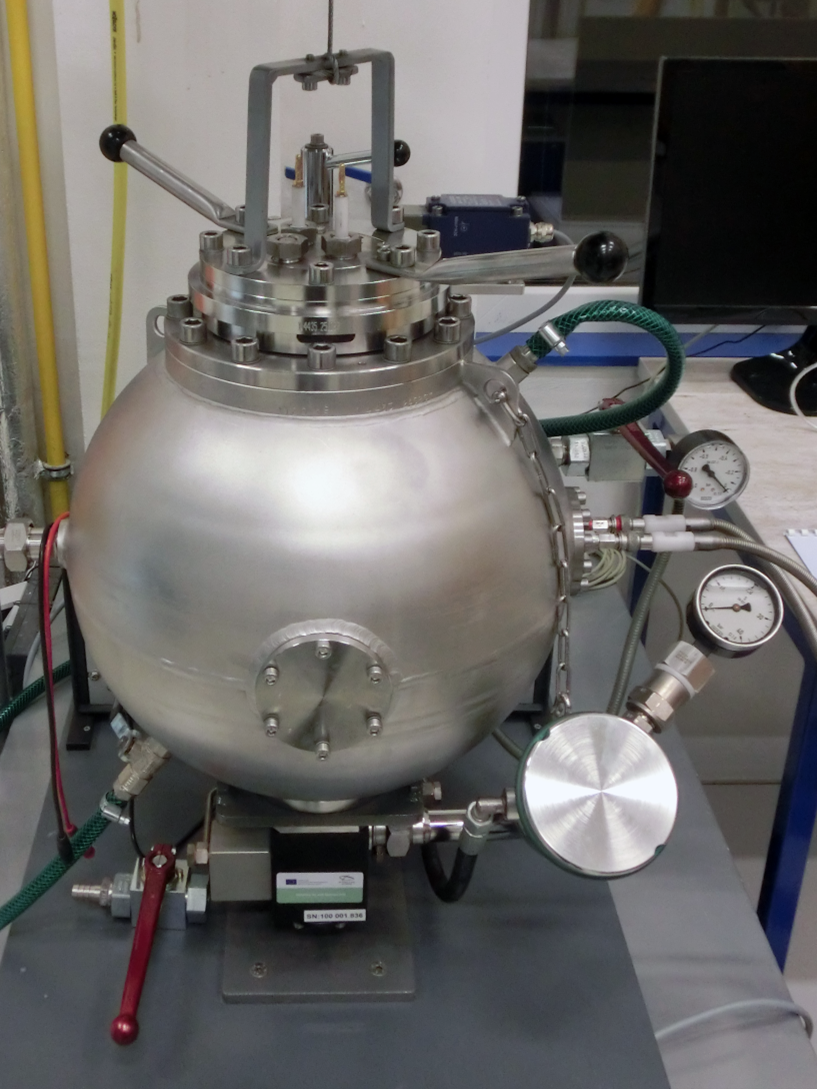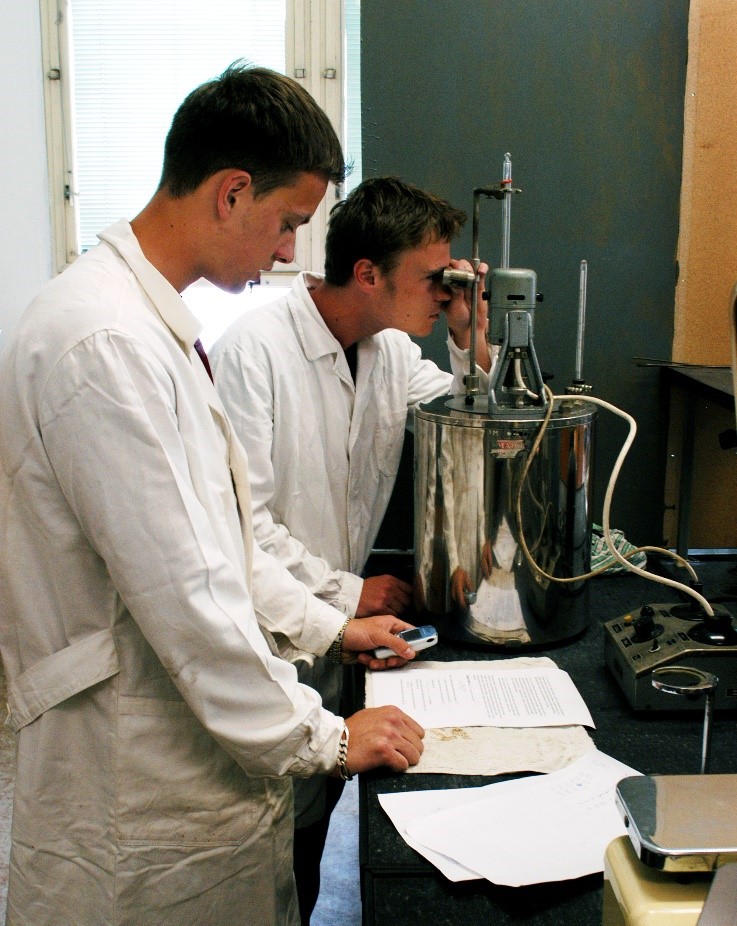

Introducing: VSB – Technical University of Ostrava
A university with a rich history dating back to the middle of the 19th century, as well as an institution offering education in a wide range of fields of study and science within seven faculties – this is the VSB – Technical University of Ostrava (VSB – TUO). Already the third partner involved in the CEVOOH project, which is worth imagining. Historically, VSB – TUO follows on from the activities of the Mining Academy (later Mining University) located first in Příbram and in the post-war years then in Ostrava. Currently, VSB – TUO offers interested parties’ education in technical, natural science and economic fields. It is an important part of the development, implementation of new technologies, innovative strategies, and activities not only in the Moravian-Silesian Region, but also within the entire Czech Republic.
Basic and applied research is mainly concentrated into two research centres focusing mainly on IT, energy, new materials, and environmental engineering. In addition to research itself, VSB – TUO also focuses on publishing activities, publishes several scientific journals, and supports the creation of results with foreign patent protection. Together with other Czech and European universities, the university has adhered to the so-called forty principles of the European Charter for researchers and follows a special code of conduct for the recruitment of researchers, the so-called “HRS4R” strategy – “Strategy for the Management of Human Resources in the Field of Science”. Thanks to this, the university also received the HR Excellence in Research Award, which it received from the European Commission on 30 June 2021.
This award is not only a guarantee of the European standard of care for employees, but also a sign of support for professional development and striving for continuous improvement in this area. The award brings not only prestige and recognition, but also support for the development of the professional growth of researchers, a better position when approaching other scientists and a connection with a pan-European network of research organizations. Research workplaces involved in the activities of the CEVOOH Centre are concentrated on in the Faculty of Security Engineering (FBI). Even though it is the youngest faculty of the university, (est. in 2002), it offers complete knowledge in the field of today’s much discussed and important security. Here, researchers thematically deal not only with current security threats that are related to the environment, but also with industrial plant accidents, natural disasters, fires, explosions, occupational accidents, and intentional crimes.
The current trend is also involvement in the field of nano-security and resilience. The faculty closely cooperates with firefighters, the police, customs administration, intelligence services, self-government, and industrial enterprises so that there is effective sharing and application of the information found and solutions to given situations. The faculty’s advantage is the modernly equipped laboratories under the management of the dedicated workplace: Operation of laboratories and computer technology (PLVT). These include, for example, a self-ignition and thermal decomposition laboratory, a working environment and ergonomics laboratory, an explosion prevention laboratory, a structural materials laboratory, a fire-technical test room and others. The faculty also includes the newly built Centre of Simulation Technologies (CESIT), which is designed to increase the level of professional knowledge and practical skills in the field of security. This is a unique and methodological, professional workplace within the Czech Republic.
An important area addressed within the CEVOOH Centre is research related to environmental safety, industrial accidents, analysis, prevention of work safety risks and technological risks and protection of critical infrastructure. All these activities are concentrated on in work package (WP) 3.A Assessment of the risks of serious accidents, within which experts from VŠB – TUO cooperate with the Czech Environmental Information Agency (CENIA). The main output of this WP will be the overall concept of the prevention of serious accidents for the Czech Republic, including the inclusion of experience, information, and policy in the given area from abroad. As part of other activities, this WP focuses on methodological recommendations in the field of preventing serious accidents. All research activities are consulted with representatives of the Ministry of the Enivronment. Experienced external experts from industrial enterprises and state administration bodies are also involved in the solution team.


Questions for Prof. Aleš Bernatík:
1) Please indicate the output that you and your team consider the greatest challenge to achieve, either in terms of difficulty or expected probable difficulties.
Undoubtedly, the most significant output of the project will be the design of the concept of prevention of serious accidents for the Czech Republic. This document has never been processed, yet it will be a big challenge for our team. Experience from the prevention of serious accidents in selected countries of the world will be included in the strategy.
2) Have there been any difficulties and complications in the course of your work so far that you had to deal with?
For the time being, four tasks out of all eleven sub-tasks of the project have been processed without complications, but more complex tasks still await us. One of the immediate tasks is the development of a risk assessment methodology for so-called non-classified enterprises, which do not fall under the effectiveness of the Act on the Prevention of Major Accidents but can nevertheless cause a significant accident.
3) How many researchers from VSB – TUO are involved in the work on the CEVOOH project?
Almost 30 experts with different research orientations are involved in the team. In addition to the employees and students of the Faculty of Safety Engineering, external experts from industrial enterprises and professional institutions are also involved, everything is consulted with representatives of the Ministry of the Environment. The entire team regularly meets at work related workshops.


Explosion Prevention Laboratory


Explosive autoclave


Laboratory for testing fire-technical characteristics of liquids


Centre of Simulation Technologies


